Becoming an Ally
2020 was an eye-opening year in countless ways. The deaths of Ahmaud Abery, Breonna Taylor, and George Floyd and the subsequent response of the public and politicians were a turning point in my understanding of race and racism in America. Yes, I'm ashamed this introspection took me 28 years, but I'm glad it happened now as opposed to later, or never. I've considered my position and privilege in life as a white man, and considered how I think about and treat others different than myself.
As always, books have helped me through this process. I've started with "the basics" and tried to branch out from there. There is always more to read and more to do. It will never be enough, but any little positive change helps. I've titled this page "Becoming an Ally," because it's a journey, not necessarily a destination.
Understanding Race and White Supremacy
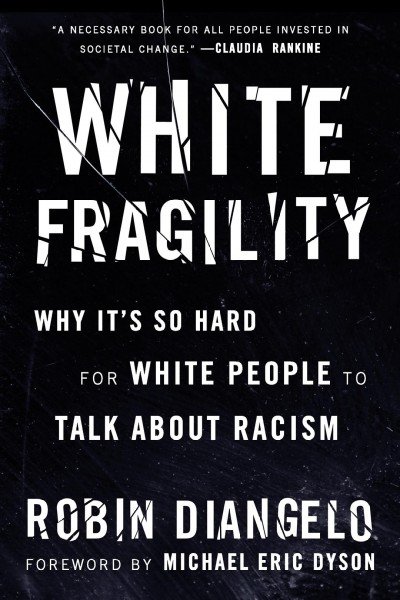
White Fragility, by Robin DiAngelo
The first book I read, and a great introduction for someone who has never given the topic of systemic racism much thought. The author anticipates every question and doubt and is able to counter each one with excellent points. This is the perfect book to dip your toe into the water. It considers what it truly means to be racist, and not just "KKK burning crosses" racist, but everyday racist thoughts and actions. I hate to be cliche, but after reading this book, I started looking at the news, the media, and the world in a slightly different way, seriously considering what people mean when they point out something as being racist.
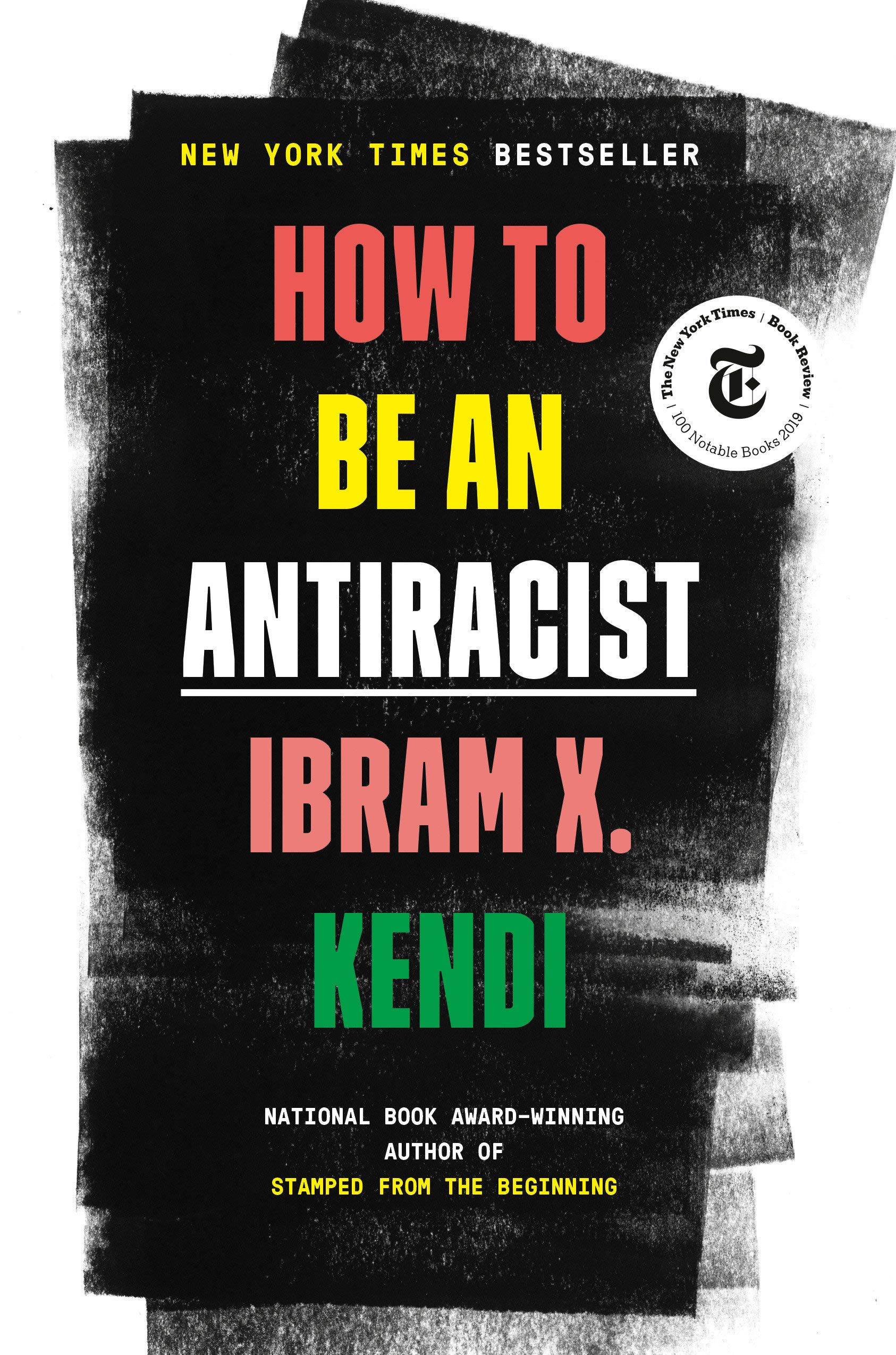
How to Be an Antiracist, by Ibram X. Kendi
Some people recommend this book after reading others, but I thought it was a great book early in my exploration of racism. Dr. Kendi explores the concept of racism using a number of anecdotes from his own life, and explores the facets of what it means to be racist. The tenet of his book is that it is not enough to be "not racist," this is the equivalent of being a silent bystander. Inaction does not lead to positive change, it only allows and condones negative behaviors. The key is to actively be "anti-racist," to fight against racist actions with positive actions to create beneficial changes. The book isn't exactly a "how-to guide," it doesn't give a list of ways to be anti-racist in everyday life. It's about a change in lifestyle, in thought. The book gives hope, that it is possible to be anti-racist.

Caste, by Isabel Wilkerson
This book lays bare an issue that America ignores or refuses to acknowledge - the concept of caste. Wilkerson explains how that there are unspoken rules of caste that play out in everyday life, and even when the barriers of racism are broken down, the rules of caste are still present. She notes the parallels between the American unspoken system and that of India and Nazi Germany. She brings in her personal experiences, data, and numerous historical accounts to really hammer the points home so there can be no doubt as to how this system works to the detriment of us all.

The Color of Law, by Richard Rothstein
This book was horrifying. Imagine being unable to buy a house, get a loan, afford rent, because the banks, the government, the public are against you. The idea that through the years, black families have been prevented from accumulating wealth, been obstructed from buying houses, corraled into separate less desirable neighborhoods...then society wonders why so many black families have no money, no prospects, no futures. This book truly exemplifies the term "systemic" racism, as the entire system is unbelievably full of racist policies. Truly terrifying.
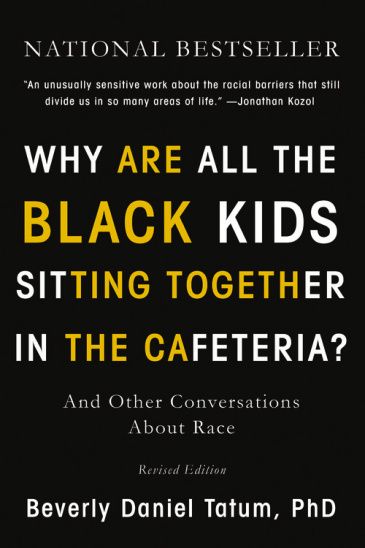
Why Are All the Black Kids Sitting Together in the Cafeteria, by Beverly Daniel Tatum
I thought this book was fascinating, as it takes a look at the development of black identity, what it means to be "black" for children growing up in a world that identifies "white" as the norm. It explores the importance of representation and positive role models. As a white man, it's nothing I've really thought about, but now I can't stop seeing how the majority of media representations use white characters. I can't imagine the feeling of exclusion that minorities feel, or the excitement of seeing a character (such as Black Panther) who looks like you do. The book focuses mainly on black identity, but I found it important that she also dedicates a lengthy chapter to some of the struggles for Asian, Latinx, and MENA individuals.
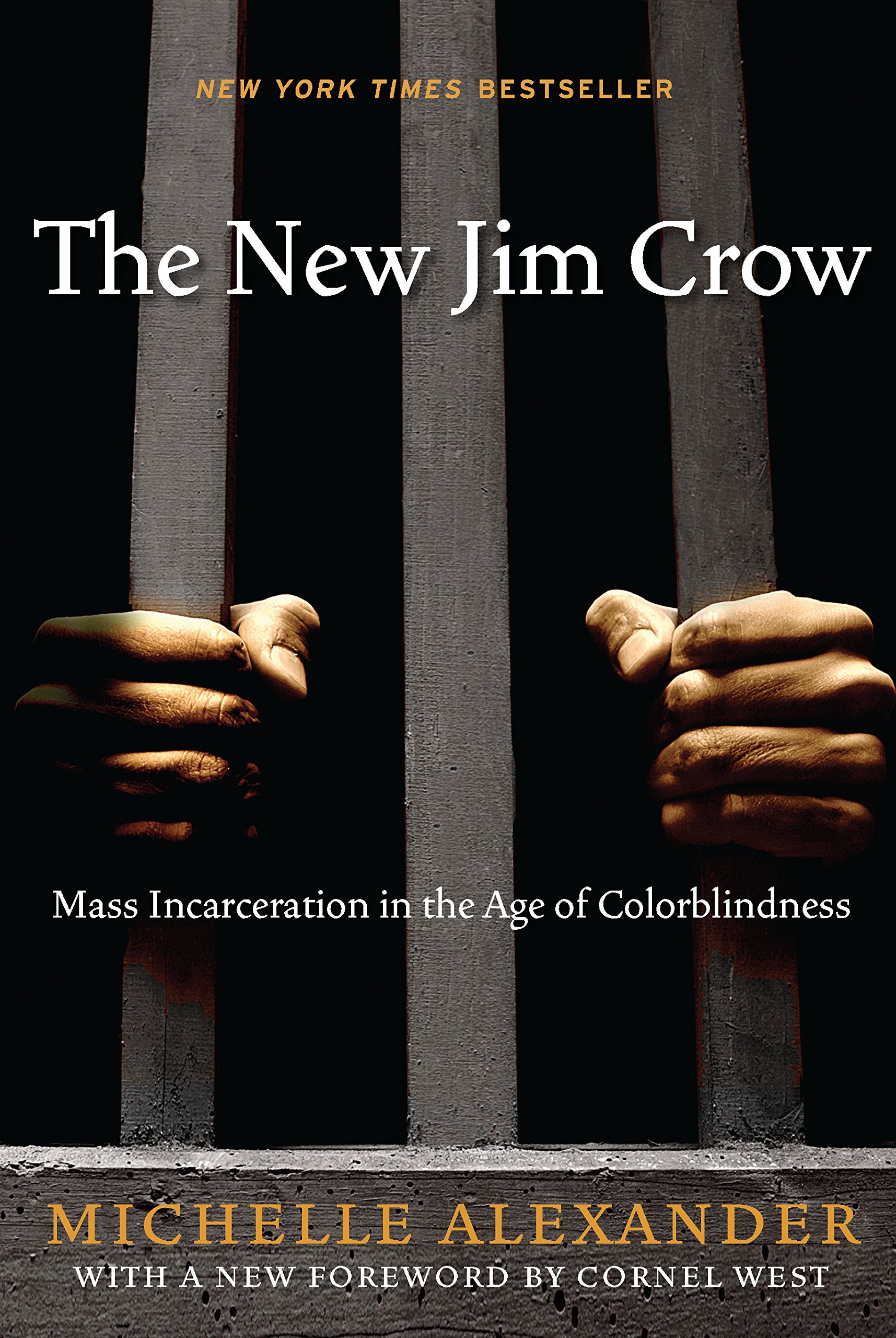
The New Jim Crow, by Michelle Alexander
This book dispels whatever myths you've been led to believe about black men, crime, and the justice system. By the end, you come to realize that the justice system is inherently biased every step of the way, in order to entrap black men and create an inescapable cycle to prevent them from ever becoming a part of normal society. The title comes from the fact taht prison labor is a loophole to the abolition of slavery, and that there are numerous political and economic reasons for disproportionately imprisoning non-white men and women. The book also points out how the US imprisons an incomparably high proportion of our citizens and how this is not justice at all.

White Rage, by Carol Anderson
This book is not a pleasant read, but it is a necessary one. The author points out that every time strides are made against systemic racism, white people push back with a sickening backlash. I'm not sure what's worse: the tactics used (mobs, lynching, riots), or the fact that society is entirely built to protect white individuals in order to perpetuate a flawed system.
Racism in Medicine

Medical Apartheid, by Harriet Washington
As a doctor, reading this book was deeply painful. Healthcare workers like to think we do this to help others, and the realization that the medical field has been complicit in harming patients throughout history (and is still ongoing) is sickening. Additionally, this book is insanely comprehensive - most people have heard of the Tuskegee experiments, but this book points out how that's only the tip of the iceberg. I highly recommend this to anyone in or out of the medical field. We can and must do better.
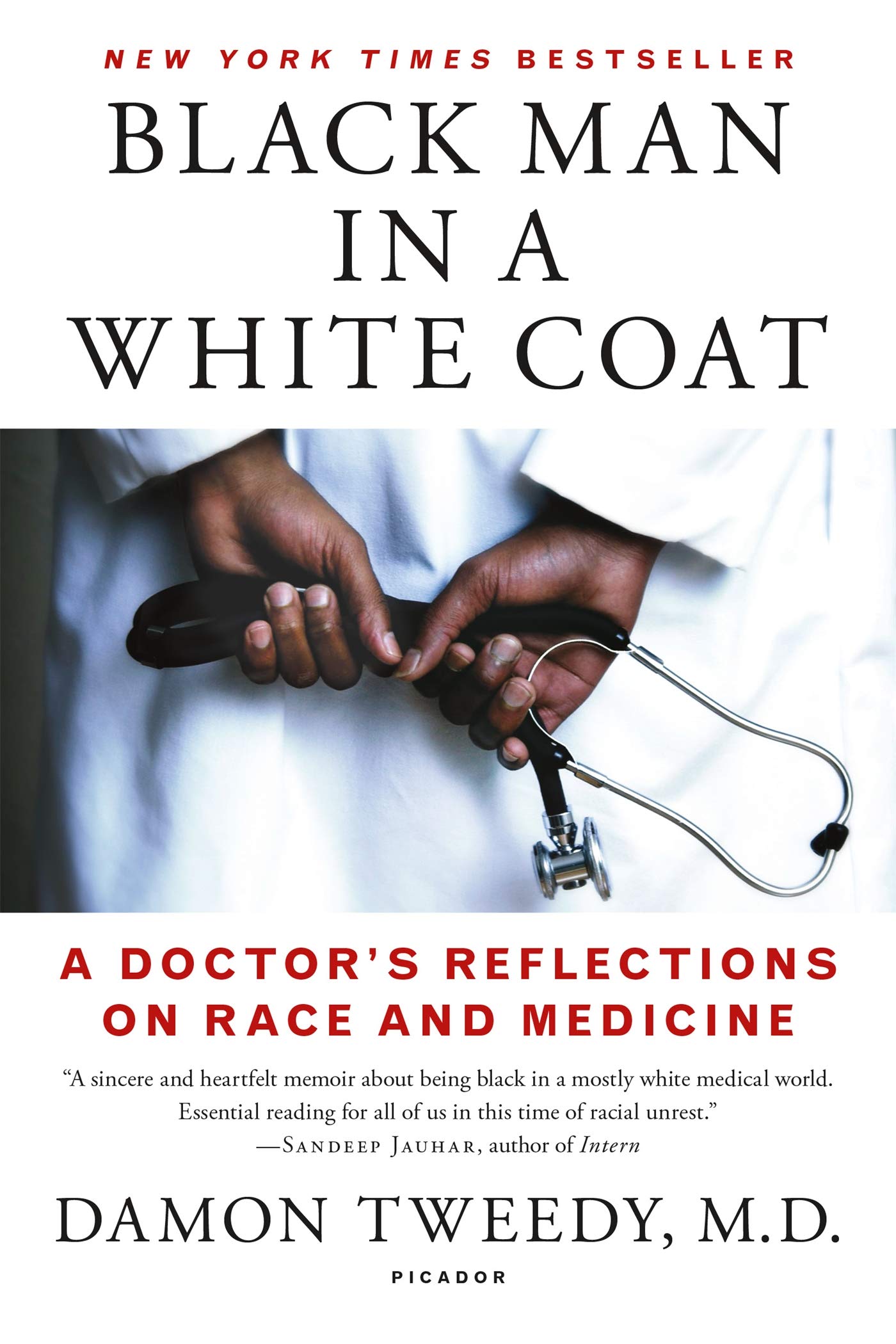
Black Man in a White Coat, by Damon Tweedy
My exploration and understanding of racism, sexism, prejudice were thankfully introduced during medical school, and it has made me a better physician. Dr. Tweedy writes of his own story, how it feels to be a black man through medical school, residency, and as a physician. It is about his own perceptions of himself, the perceptions of others, and his interactions with both black and white patients. Medical school and residency have been a constant struggle for me, and to see a small window into what it's like for a black person dealing with the extra pressure was extremely eye-opening. The book was immensely readable, and I was able to read it within a weekend.
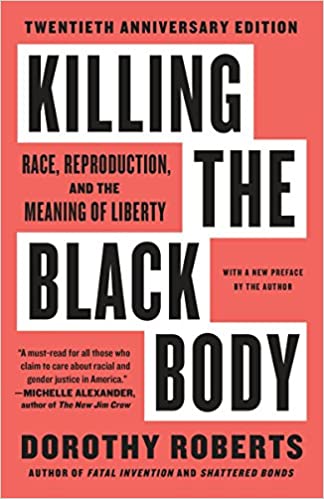
Killing the Black Body, by Dorothy Roberts
This is not a easy book to read. The book examines the treatment specifically of black women within the context of slavery, eugenics, forced sterilization, and adoption. The book is dense at times, but the thesis is important and worth a read. Both sexism and racism are prevalent throughout history and present-day, and their intersection has lead to the appalling treatment of black women. The book offers some interesting arguments and counterarguments, which I would put to shame trying to summarize here. Topics include the debate of birth control, welfare support, and infertility treatment. The discussion of drug use and biased treatment of cocaine-using mothers alone is worth a read.
LGBTQIA+

Transgender History, Susan Stryker
Admittedly not a comprehensive overview, this book looks at the history of transgender individual mainly in the US in the last 100-200 years. The books shows how the current views on transgender individuals has evolved greatly over time, with waves of acceptance and ostracization depending on politics and other factors. As someone with minimal background in gender studies, I found the history of LBG exclusion of transgender individuals to be interesting (yet depressing), realizing that this concept of inclusion is unfortunately recent and potentially tenuous depending on the political climate. It is interesting to see the intersection of race, class, gender, and sexual orientation through this lens, and I highly recommend for anyone trying to gain a greater historical context to current events. Some of the best parts are gaining a better grasp of the terminology and how it has evolved over time and through generations.